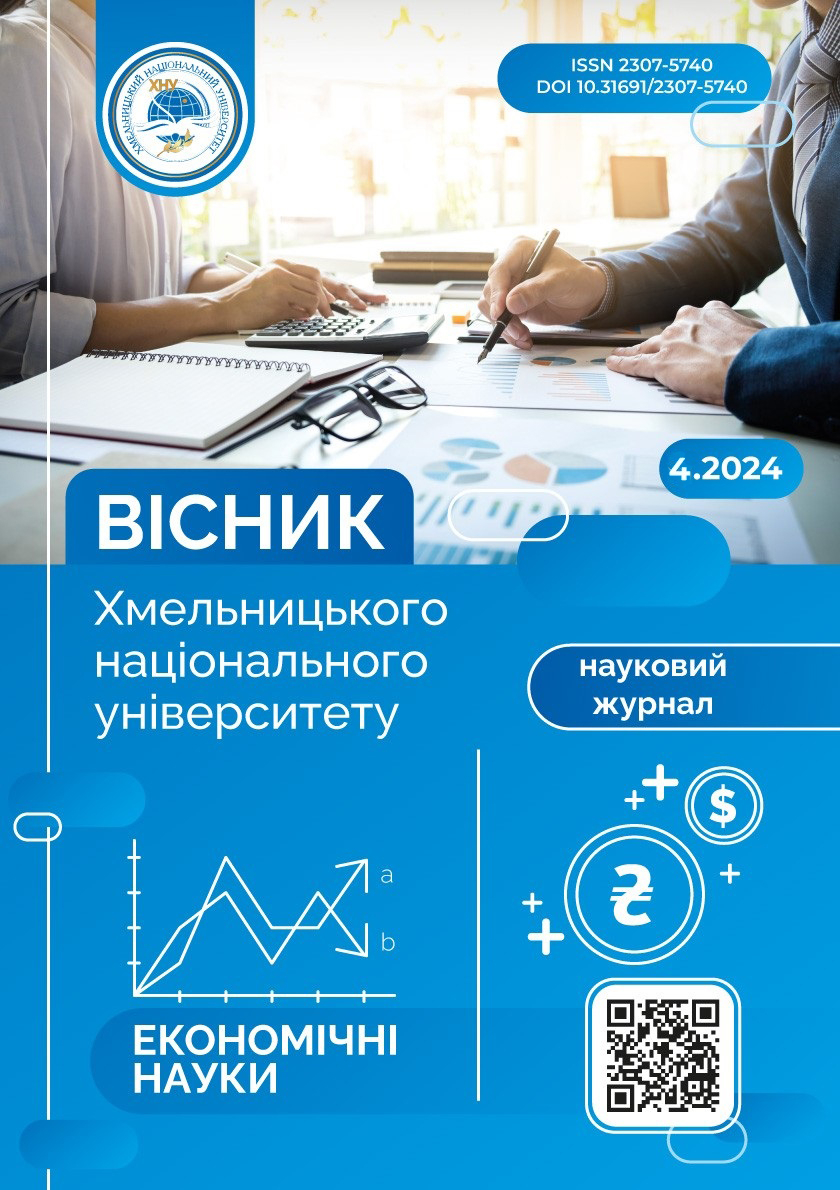THE INFLUENCE OF INTELLECTUAL CAPITAL ON KNOWLEDGE MANAGEMENT OF TRANSPORT SYSTEM STAFF
DOI:
https://doi.org/10.31891/2307-5740-2024-332-25Keywords:
intellectual capital, knowledge, personnel, management, transport system, impact, innovative economyAbstract
The article examines the main functions and methods of managing an enterprise's intellectual capital, clarifying the interpretation of the term "intellectual capital management" of an enterprise. The principles are given, the goal and task of the implementation of the intellectual capital management process of the enterprise are determined. Processes related to knowledge management - a component of intellectual capital - have been analyzed.
The problem of personnel knowledge management as an important asset of the enterprise was studied. The importance of personnel knowledge in the process of forming the competitive advantage of the enterprise in the conditions of intensifying competition on the domestic and foreign markets has been proven. The essence of knowledge and the process of its formation, identification and application are defined. The cycle of intellectual capital, in the process of which its self-growth takes place, is considered. The influence of intellectual capital, in particular, on the development and conditions for achieving the "knowledge-based economy" is determined.
The defining feature of intellectual capital is that it is owned not only by the entrepreneur, but also by hired personnel. Intellectual capital arises from the interaction of people, people and information resources, as well as people and elements of physical capital in the production process. It contains everything the company knows. These can be ideas, different types of knowledge, innovations, know-how, knowledge possessed by the company's personnel, the company's knowledge base, the electronic network and the database based on it, cooperation with customers, i.e. everything that makes it possible to respond to a change in market conditions. junctures faster than competitors. So, intellectual capital is a set of explicit and implicit knowledge that the company can turn into profit.


